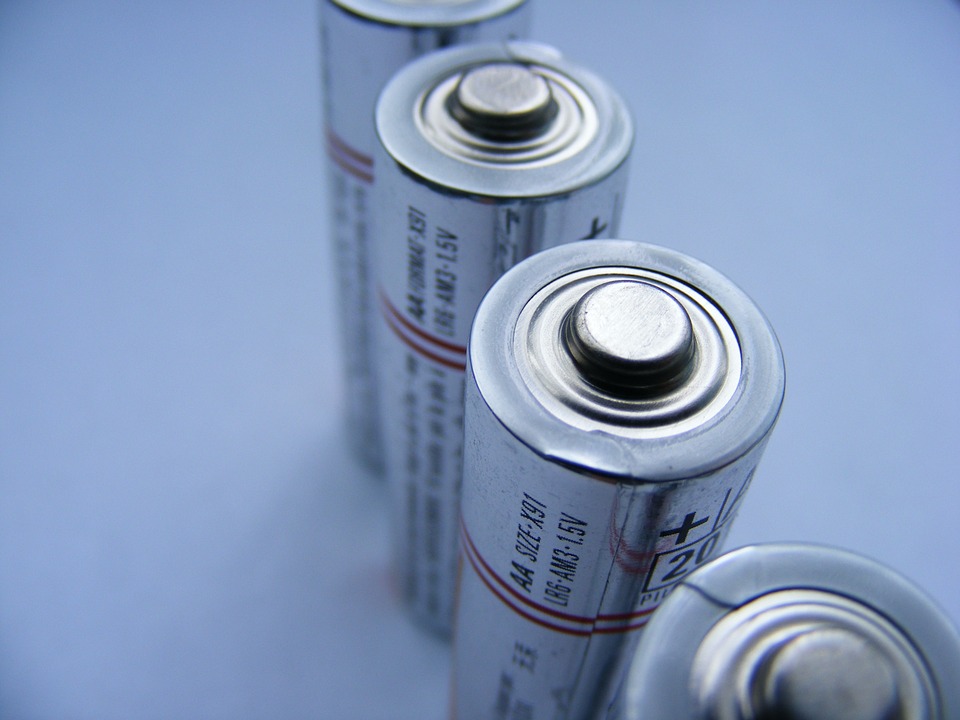Cities could ease congestion and improve safety during snowstorms by tweaking the timing of traffic lights to take road conditions into account. Researchers at the University of Waterloo collected data and ran computer simulations to determine that adjusting the signals at intersections in bad weather could reduce delays by up to 20 per cent. “We…
Batteryless Smart Devices Closer to Reality
Researchers at the University of Waterloo have taken a huge step towards making smart devices that do not use batteries or require charging. These battery-free objects, which feature an IP address for internet connectivity, are known as Internet of Things (IoT) devices. If an IoT device can operate without a battery it lowers maintenance costs…
AI And Radar Technologies Could Help Diabetics Manage Their Disease
People with diabetes could be able to monitor their blood sugar without drawing blood using a system now being developed at the University of Waterloo. In a recent study, researchers combined radar and artificial intelligence (AI) technologies to detect changes in glucose levels without the need for painful finger pricks several times a day. “We…
Why Sodium-Oxygen Batteries Are More Energy Efficient Than Lithium-Oxygen
Chemists at the University of Waterloo have discovered the key reaction that takes place in sodium-air batteries that could pave the way for development of the so-called holy grail of electrochemical energy storage. Researchers from the Waterloo Institute for Nanotechnology, led by Professor Linda Nazar who holds the Canada Research Chair in Solid State Energy…



